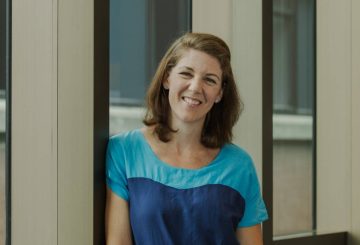A school in Northland, New Zealand is asking the government to reconsider its plans to reduce the free lunches programme. The programme, called Ka Ora, Ka Ako, serves about 230,000 students a day at nearly 1000 schools across the country. The government is considering cutting the programme’s funding by up to 50 percent in next month’s Budget. The Associate Health Minister David Seymour has questioned the programme’s effectiveness and value for taxpayers.
Tikipunga High School in Whangārei is one of the schools concerned about the potential cuts. The school’s principal, Emma Leyland, says the free lunches have significantly improved student attendance and behaviour. The school started offering healthy meals 10 years ago, but had to rely on food donations. Since 2019, the Ka Ora, Ka Ako programme has allowed the school to provide a nutritious meal for every student each day.
A Treasury report last year did not find evidence of improved achievement or attendance at schools receiving the lunches. However, Leyland says the programme has brought huge benefits to her school, including improved attendance, achievement, behaviour, and relationships. She also noted that the programme has helped families struggling with the high cost of living and has encouraged children to go to school.
Year 13 student Aamea Walding-King said many children rely on school lunches as their main source of food for the day. Another Year 13 student, Kaian Burt, said communal meals also provide an opportunity for students to reflect on their work and socialize with friends.
Health Coalition Aotearoa executive director Faye Langdon said free lunches allow children to attend school and achieve, especially in areas with high deprivation. Her group has gathered 26,000 signatures calling for the programme to be not only maintained but also expanded.
On the other hand, Seymour said 10,000 lunches are wasted daily and there’s no concrete evidence the programme improves school attendance or achievement. He added that the government is committed to improving the cost-effectiveness of the school lunches programme. Seymour will announce a programme that benefits both students and taxpayers in the upcoming Budget.
The Ka Ora, Ka Ako programme targets schools where students face the biggest socio-economic barriers and are most likely to arrive at school hungry. In Northland, the programme serves about 18,000 students at 115 schools. Schools can choose to make their own lunches or contract an external supplier.


















































-360x245.jpg)









